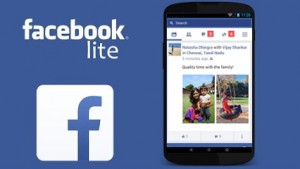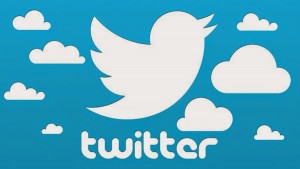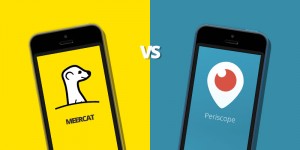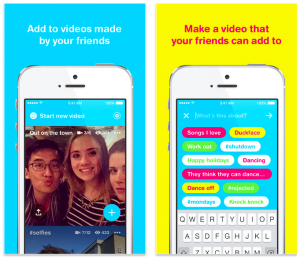Facebook Launches Moments for Photo Sharing
In Social Bookmarking, Social Media, Social Media News Brief, Social Networking, Web 2.0 | No comment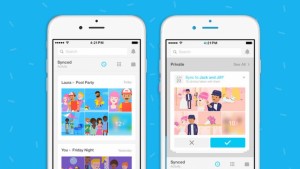
Moments operates by taking a look through the photos on your phone, checking to see if any of them have your friends’ faces in them. Using facial recognition allows you to easily send pictures of your friends to them without having to share those pictures publicly on your Facebook profile. Pictures can also be shared manually if the facial recognition software does not recognize someone. The primary focus of Moments is to be able to share photos with individuals or small groups of friends, as opposed to the entirety of your Facebook friend list.
There has already been some criticism targeted at Moments, however. Some don’t see why it is necessary to create yet another app to download, when it might be more useful to integrate these photo sharing features directly into Facebook. Others believe that it might be held back due to its unfamiliar sharing format and facial recognition software that leaves something to be desired. In any case, time will tell if Moments manages to flourish on its own or if the features will eventually get moved over to the main Facebook application.


